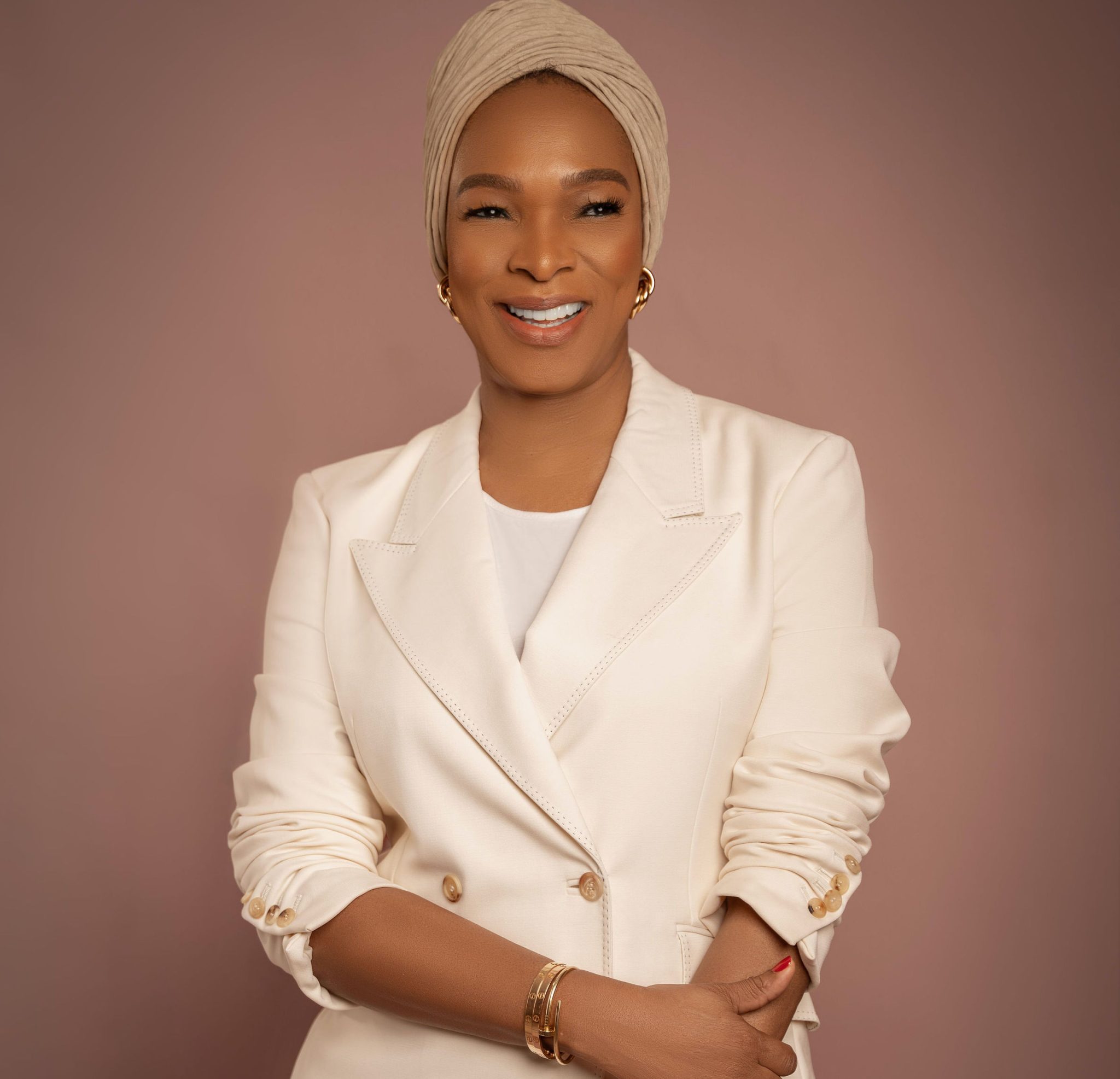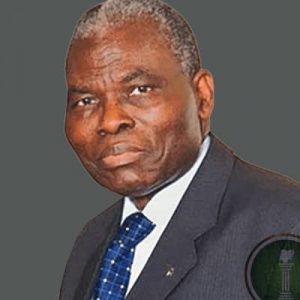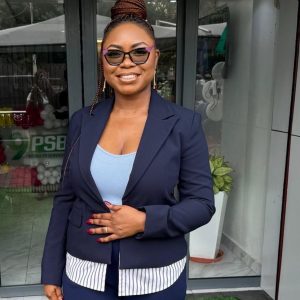As Managing Director of the Nigeria Global Reputation Management Project, Patricia Obozuwa is leading a bold initiative to reshape how the world sees Nigeria. With a distinguished career spanning communications, public affairs, and sustainability, from GE Africa to Coca-Cola Africa, she brings deep expertise in building trust and driving impactful narratives. In this interview with MARY NNAH, she discusses the vision behind the project, its strategy for rebranding Nigeria, and the importance of promoting cultural diplomacy and youth empowerment. She explains how digital innovation, storytelling, and the creative industries can help project Nigeria’s strengths, attract investment, and foster national pride while changing global perceptions for the better
What exactly is the Nigeria Global Reputation Project?
It is a strategic, data-driven national initiative designed to proactively measure, manage, and enhance Nigeria’s perception on the global stage. Powered by the National Orientation Agency (NOA), it brings together government, private sector, and cultural leaders to align our national narrative with our economic and cultural realities, ultimately driving investment, tourism, and global influence.

This project is unique in its focus on perception intelligence (using data to guide our strategy), its collaborative model (co-creating with private sector and diaspora leaders, not a top-down government campaign), and its long-term, proactive approach (building reputation capital to prevent crises, not just reacting to negative news). The measurement of its success is by Global Perception Indices: Tracking Nigeria’s position in recognised rankings (e.g., Anholt-Ipsos Nation Brands Index), Sentiment Analysis: Measuring tone and volume of international media coverage and social discourse, and Economic Indicators: Monitoring correlations with Foreign Direct Investment (FDI) and tourism numbers (long-term).
What is the role of the National Orientation Agency (NOA) in this project?
This project is powered by the NOA. The NOA provides the crucial grassroots reach to ensure our international narrative is authentic and reflects the domestic reality. The NOA’s mandate for national advocacy and civic education is the foundation upon which a strong, unified global reputation is built.
Who do you consider the primary target audiences for your reputation management efforts, both domestically and internationally?
The National Orientation Agency has several programmes to promote citizens’ pride. Internationally, our audiences include investors, global media, the Nigerian diaspora, and global policy and diplomatic communities. Each audience requires a customised approach, but all should hear a consistent message of progress, potential, and growth partnership.
What strategies do you intend to use to engage various stakeholders, including government, private sector, and civil society, in the reputation management process?
Reputation management is most powerful when it is inclusive. Our strategy boils down to three things. Shared ownership, structured dialogue, and co-creation. Our strategy is to create platforms where the government, the private sector, civil society, and youth can contribute to shaping Nigeria’s story. This will include stakeholder roundtables, joint campaigns, and cross-sector partnerships. We will empower them as co-creators. We will provide the platform, the digital tools, the media connections… and then amplify their authentic stories. The government’s role isn’t to control the narrative, but to curate and champion the incredible narratives Nigerians are already creating every day. It’s about moving from telling the world about Nigeria to helping Nigerians tell the world themselves. Engagement must be two-way… we must listen as much as we communicate.
How do you intend to involve younger generations in the project, particularly in shaping and sharing Nigeria’s narrative?
Nigeria is a young nation, and our youth are our greatest storytellers. We can involve them through digital challenges, creative ambassador programs, and training opportunities that allow them to co-create narratives. We believe that when young Nigerians share their stories, the world will listen.
How do you view the role of cultural diplomacy in shaping Nigeria’s reputation abroad?
I see cultural diplomacy as Nigeria’s most powerful and authentic form of soft power. Instead of telling the world who we are, we can show them in ways they can feel and experience. Just as South Korea’s K-pop and drama have redefined its image, or the way the British Council quietly builds bridges through arts and education, Nigeria has Afrobeats, Nollywood, fashion, and literature. When our music fills stadiums in London or our films stream in distant countries, they build connections no official communiqué can. Cultural diplomacy softens barriers, builds affinity, and makes the world more open to us.
How will you incorporate Nigeria’s rich cultural heritage into your reputation management efforts?
Nigeria’s cultural heritage is our greatest source of soft power. We’ll incorporate it in three major ways. First, by empowering our creators. We’ll seek to actively partner with our musicians, filmmakers, artists, and fashion designers. Our role will be to serve as a platform that amplifies their work on the global stage… positioning Nigerian culture not as exotic but as integral to global culture. Second, by curating modern narratives. We’ll showcase how our rich traditions form the base of our contemporary innovation. Think of it as drawing a clear line from ancient Benin bronzes to the world-class animation studios in Nigeria today. We’re a culture that both honors its past and constantly reinvents itself. Finally, by making our culture central to diplomacy and business. Our cultural exports are a gateway. We’ll use them to attract cultural tourism, foster creative industry investments, and show how Nigeria can be a dynamic partner.
Share the long-term vision for the project
My long-term vision is for the world to see Nigeria as a leading voice… not just in Africa, but a respected global player. A place of opportunity and innovation. In ten years, I will see this evolution clearly. We’ll stop talking about our reputation defensively and start leveraging it proactively. We’ll shift from correcting misconceptions to leading global conversations in sectors like tech and the creative industries. When global decisions are made, we will be listened to with respect. Our goal is to make this work permanent. Success means baking reputation management into our national DNA… where government policies and business decisions naturally consider the impact on how we are perceived globally. We won’t need a project because a strong, positive reputation will be a core, non-negotiable part of our national strategy and our economic value.
What role will digital technology play in this project?
Digital technology is transforming how reputations are built. For Nigeria, digital platforms allow us to bypass traditional media and engage directly with global audiences. Technology also enables authentic storytelling. Every Nigerian online can be part of shaping the country’s image. We will leverage social media, influencer partnerships, AI-driven sentiment analysis, and virtual experiences to showcase Nigeria’s culture and innovation. In essence, digital technology allows us to be faster, smarter, and more authentic. It enables us to measure the impact of our efforts in real-time and pivot our strategy based on what works.
How will partnerships with development agencies or NGOs enhance your project’s goals?
Partnerships are absolutely critical. They act as a force multiplier for our goals in two important ways. First, they are trusted third-party voices that can attest to real, measurable progress happening on the ground. Secondly, they provide scale and expertise. These organisations have deep networks and specialized knowledge. By partnering, we can co-create and amplify narratives around shared goals like climate resilience or youth empowerment… ensuring our message reaches the right audiences with substance to back it up. It can help shift the conversation from perception to proven results.
How did your role as Chief Communications & Public Affairs Officer at GE Africa shape your approach to communication and public affairs in Nigeria?
At GE, my role required me to lead communications across over 22 African countries. The most important lesson was that local insight is indispensable. Even within a pan-African framework, every country had its unique context. We must root our messaging in local realities while framing them in ways that connect to global aspirations.
How did your experience as the Arts and Sponsorship Manager for the British Council influence your perspective on cultural representation?
The British Council showed me how culture can be a diplomatic tool as powerful as policy or economics. Cultural representation, whether through arts, education, or exchange, creates emotional connections that statistics cannot. That early lesson reinforced my belief that Nigeria’s vibrant culture…our literature, our music, film, and art are integral parts of what we offer the world and must be included in our reputation strategy.
When you look back on your career, how would you like to be remembered in the field of communications and public affairs?
That’s a thoughtful question. I would like to be remembered as someone who used communications not just to manage perception, but to elevate voices, actively shape strategy, and create lasting impact. But specifically, as the leader of this project, I hope my legacy will be that I helped build a lasting framework for Nigeria’s reputation. One that outlasts any single individual. I want to be remembered for helping turn our national narrative from one of challenge to one of undeniable opportunity, and for mentoring a generation of communicators who see their role as nation-builders and bridge-builders. If our work is successful, the country’s reputation will speak for itself, and that will be the greatest legacy.
What advice would you give to professionals looking to build their personal brand, especially in the African context?
A personal brand must be authentic and based on a person’s values. Especially in Africa, where trust is currency, your reputation must be built on integrity, competence, and consistency. My advice… create a high standard for yourself, stay true to that standard… never lower it, and always maintain integrity… do what you say you will do
Stay ahead with the latest updates!
Join The Podium Media on WhatsApp for real-time news alerts, breaking stories, and exclusive content delivered straight to your phone. Don’t miss a headline — subscribe now!
Chat with Us on WhatsApp








